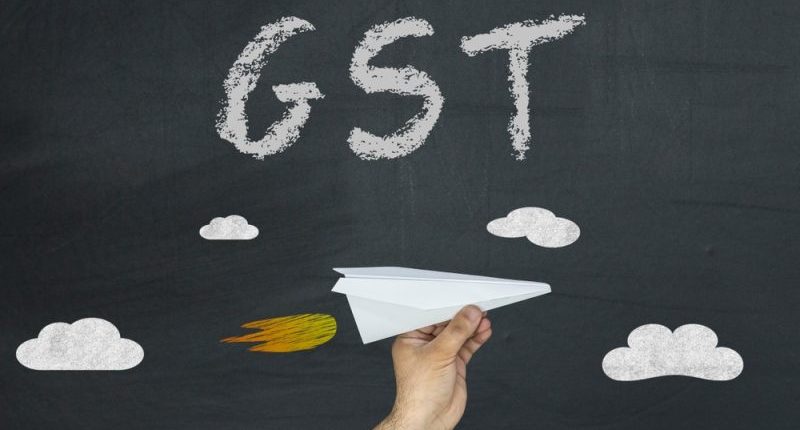The gross collection recorded for July 2020 is Rs 87,422 crore, as per the press release by the Finance Ministry on 1st August 2020. The collections comprise of Rs 16,147 crore of CGST, Rs 21,418 crore of SGST, Rs 42,592 crore of IGST and Rs 7,265 crore of cess.
There is a fall by about 4% on a month-on-month basis, as the gross collection for June 2020 stood at Rs 90,917 crore. Although the July numbers are lower than June, it has doubled since April 2020. The collections in May and April were Rs 62,151 crore and Rs 32,172 crore individually. On comparing the July figures with the same month last year, there is a 14% drop in the revenue.
The import of goods roughly contributes 48% and 11% towards IGST and cess components respectively. Further, the import of goods and domestic supplies each were at 84% and 96% of the figures for the same month last year.
An interesting fact to note here is that monthly revenue is directly proportional to the monthly e-way bill generation. The monthly number of e-way bills generated between April and July stood at 0.86 crore, 2.54 crore, 4.34 crore and 3.88 crore.
The press release by the Finance Ministry attributes the lower collection to extension given on the late fee relief up to September 2020 for small taxpayers. For the large taxpayers, the extended deadline of all the previous GSTR-3Bs had ended with June 2020, while they continue contributing to a significant portion of revenue. The low figures of July manifest the extent of COVID damage on large businesses as well. The upcoming festive season may slightly shore up the revenue. However, the drabby trend below Rs 1 lakh crore may continue until the third quarter of this fiscal year.
The government also paid CGST Rs 23,320 crore and IGST Rs 18,838 crore towards SGST as a regular payment. After the daily settlement in July 2020, the combined revenue received by the central government and state governments individually is Rs 39,467 crore for CGST and Rs 40,256 crore for SGST.
Also Read: States Received Rs 1.65 lakh Crore GST Compensation for FY 2019-20
On the one hand, the state governments are reeling from the low GST collections, while on the other side, they are also facing issues with the distribution of compensation cess.
On 28th July 2020, the revenue secretary called out the central government’s possible inability shortly to compensate the states at a Parliamentary panel meeting. It was followed by an uproar by the states such as Kerala, Punjab and Bihar over the delay in releasing GST compensation dues and possible actions by the government.
In March 2020, the GST Council, chaired by the Union Finance Minister and comprising the state counterparts, had agreed to seek the AG’s views on the legality of the Council’s market borrowing to remedy the compensation fund’s shortfall.
Meanwhile, the central government consulted the Attorney General (AG) about the possibilities of borrowing to pay GST compensation. The AG has suggested that the central government has no obligation to pay when there is no money in the cess fund. Further, the AG noted that the GST Council must make the appropriate arrangements for the states’ shortfall.
On 1st August 2020, the Finance Minister reported that it is up to the GST Council to conclude the matter. With the AG’s report on hand, this matter will now be deliberated at the next GST Council meeting with one agenda for discussion. However, the GST Council can suggest the Centre to permit the states to borrow. It will be based on the future receipts from the compensation fund. Ultimately, the central government must take a call on allowing the states to borrow money.
According to data from the last three years, Karnataka, Maharashtra, Gujarat and Punjab together received about 42% of the total GST compensation cess released to date. As on 27th July 2020, the government has wholly cleared off the GST compensation dues for FY 2019-20 amounting to a total of Rs 1,65,302 crore.
All eyes are on the next GST Council meeting, which will possibly decide the fate of the states facing a severe revenue shortfall in this fiscal year.
For any clarifications/feedback on the topic, please contact the writer at annapoorna.m@cleartax.in
Annapoorna, popularly known as Anna, is an aspiring Chartered Accountant with a flair for GST. She spends most of her day Singing hymns to the tune of jee-es-tee! Well, not most of her day, just now and then.





